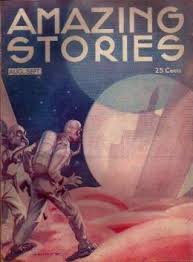
According to Nasa, the first Mars explorers will need to be able to grow their own food on a mission that could last years with no prospect of resupply.
Scientists at the Massachusetts Institute of Technology (MIT) says with the current technology a permanent settlement on Mars is "not feasible". Researchers simulated the conditions of living on Mars. The main problem was for colonists to grow and eat their own crops.
In a 35-page report they said: "The first crew fatality would occur approximately 68 days into the mission. Some form of oxygen removal system is required, a technology that has not yet been developed for space flight." The study concluded: "We look forward to the day when humanity becomes an interplanetary species.”
But now, Astronauts on board the International Space Station have grown their own lettuce.
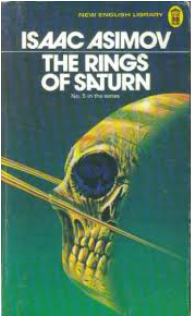
A scientist working on the project, said: "There is evidence that supports the idea that fresh foods such as tomatoes, blueberries and red lettuce are a good source of antioxidants. Having fresh food like these available in space could have a positive impact on people's moods and also could provide some protection against radiation in space."
For the first attempt at space farming scientists chose a hardy variety of red romaine lettuce as the crop. The first experiment was sent back to Earth and tested to check it was safe.
To evaluate the impact a long mission to Mars would have on the human body, one twin remains on Earth and the other is spending a year on the space station.
How did they grow the space salad?
The first "space salad" was nurtured from seeds in zero gravity for 33 days under lights in a special pod known as "Veggie".
Lettuce seeds were embedded in rooting pillows which contained soil and fertiliser. Moisture was delivered using a special irrigation system underneath the soil.
Once declared safe to eat, one of the twins then grew the second batch under red, blue, and green lights.
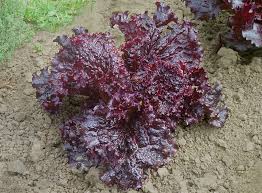 red romanie lettuce - en.wikipedia.org
red romanie lettuce - en.wikipedia.org Tending to vegetables would provide those on the first mission with a distraction, and help them to maintain their sanity while millions of miles from home.
Source: The Telegraph.
So, I've learned two things.
1) The importance of tomatoes, blueberries and red lettuce as a source of antioxidants.
2) The need for mankind to tend plants, thereby maintaining their mental health and well-being.
I'm just off to write a book that involves a lead female astronaut tweaking her male companion's crop, while he attempts to sabotage the space station's intelligence. The red romaine lettuce plants develop blue eyes, sprout feet and ...
I don't mind these ideas set in in literature, but I'm glad I won't be among the first people who try to colonize another planet.
Would you volunteer to travel in space?
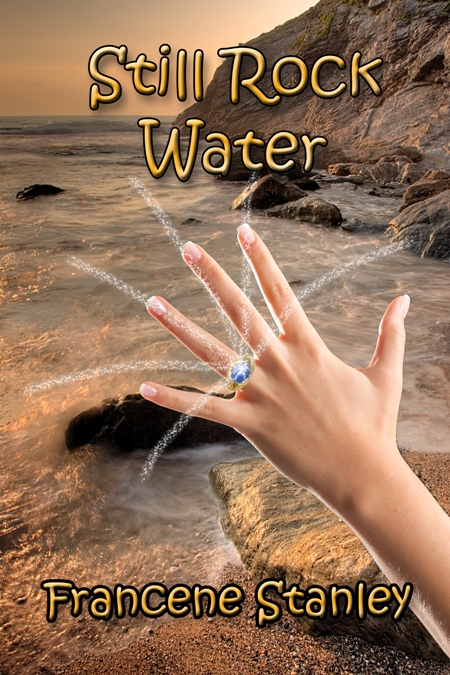
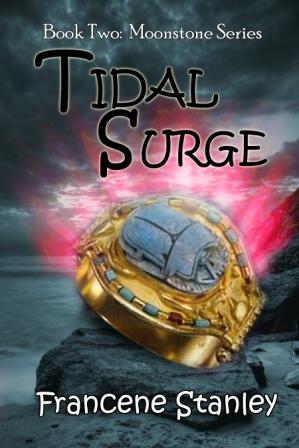
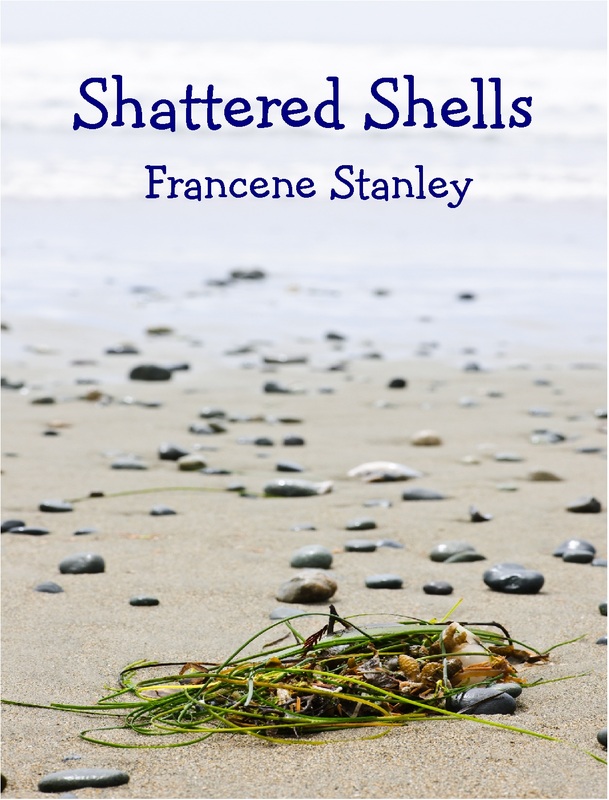


 RSS Feed
RSS Feed
